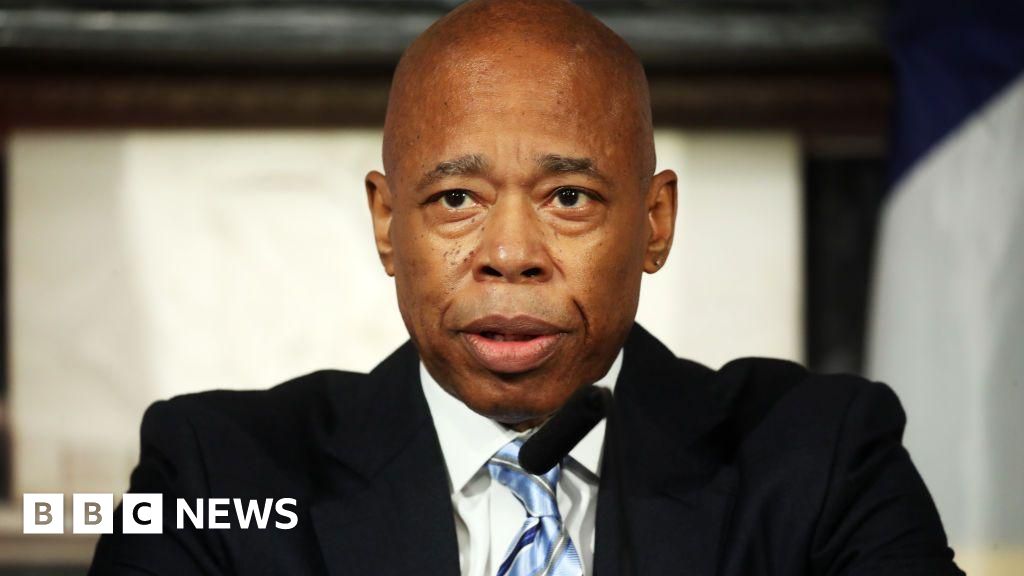Place your adverts here on InfoDig @ low rates; banner ads, sponsored links and guest articles etc. Contact us
The Lagos Chamber of Commerce and Industry has criticised the recent increase in the benchmark interest rate to 27.25 per cent, stating that it will exacerbate the challenging business environment.
In a statement, LCCI Director General, Dr Chinyere Almona, said the Central Bank of Nigeria’s push to bring down inflation had yielded some marginal gains but had done little to address the root causes of inflation.
Almona said, “The marginal drop in the August headline inflation rate to 32.15 per cent, down from 33.40 per cent in July, is on a good note. While this represents a month-on-month improvement, the broader year-on-year comparison still highlights a troubling 6.35 per cent increase compared to July 2023, and the interest rate raised to 27.25 per cent both presenting a tense business environment.
“The marginal drop in inflation reflects some level of policy impact but is insufficient to address the deep-rooted challenges, particularly in food and core inflation categories.”
The chamber described as an unsustainable argument CBN’s justification for increasing the interest rate in September due to fears of a petrol price hike.
“The excuse by the CBN that the monetary policy rate was raised on fears of a petrol price hike is not a sustainable argument,” Almona asserted.
On Tuesday, the CBN’s Monetary Policy Committee voted to increase the MPR, which measures the benchmark interest rate, to 27.25 per cent from 26.75 per cent.
The chamber urged the Federal Government to intervene in the controversies about the pricing dynamics of both imported and locally refined petroleum products, arising from the lack of resolution between the Nigerian National Petroleum Corporation Limited and the Dangote Refinery.
The LCCI identified energy and transportation costs as major contributors to inflation and urged the Federal Government to accelerate energy reforms, especially in the power sector.
The chamber highlighted the need for stable electricity for manufacturers and small and medium enterprises and advocated a transition to renewable energy sources to reduce production costs.
“Accelerate energy reforms to improve electricity generation, reduce reliance on costly diesel and petrol, and ensure stable power supply for manufacturers and SMEs. The transition to renewable energy sources should be prioritised to reduce production costs,” Almona noted.
Further, the chamber called for investments in transportation infrastructure, particularly rail and road networks, to lower logistics costs and reduce price volatility in consumer markets.
It recommended prioritising the adoption of compressed natural gas mobility in the country.
The LCCI stressed the need for transparent foreign exchange management to reduce speculation and stabilise the naira.
“A stable exchange rate will help moderate imported inflation, especially in essential commodities and raw materials needed for local production,” it explained.
The chamber also suggested a fixed import duty exchange rate for a set period to assist businesses in making informed decisions.
It called on the Federal Government to take a holistic and sustained approach to tackling inflation, combining the tips on boosting local production, stabilising energy and transportation costs, and ensuring alignment between monetary and fiscal policies.















 English (US) ·
English (US) ·